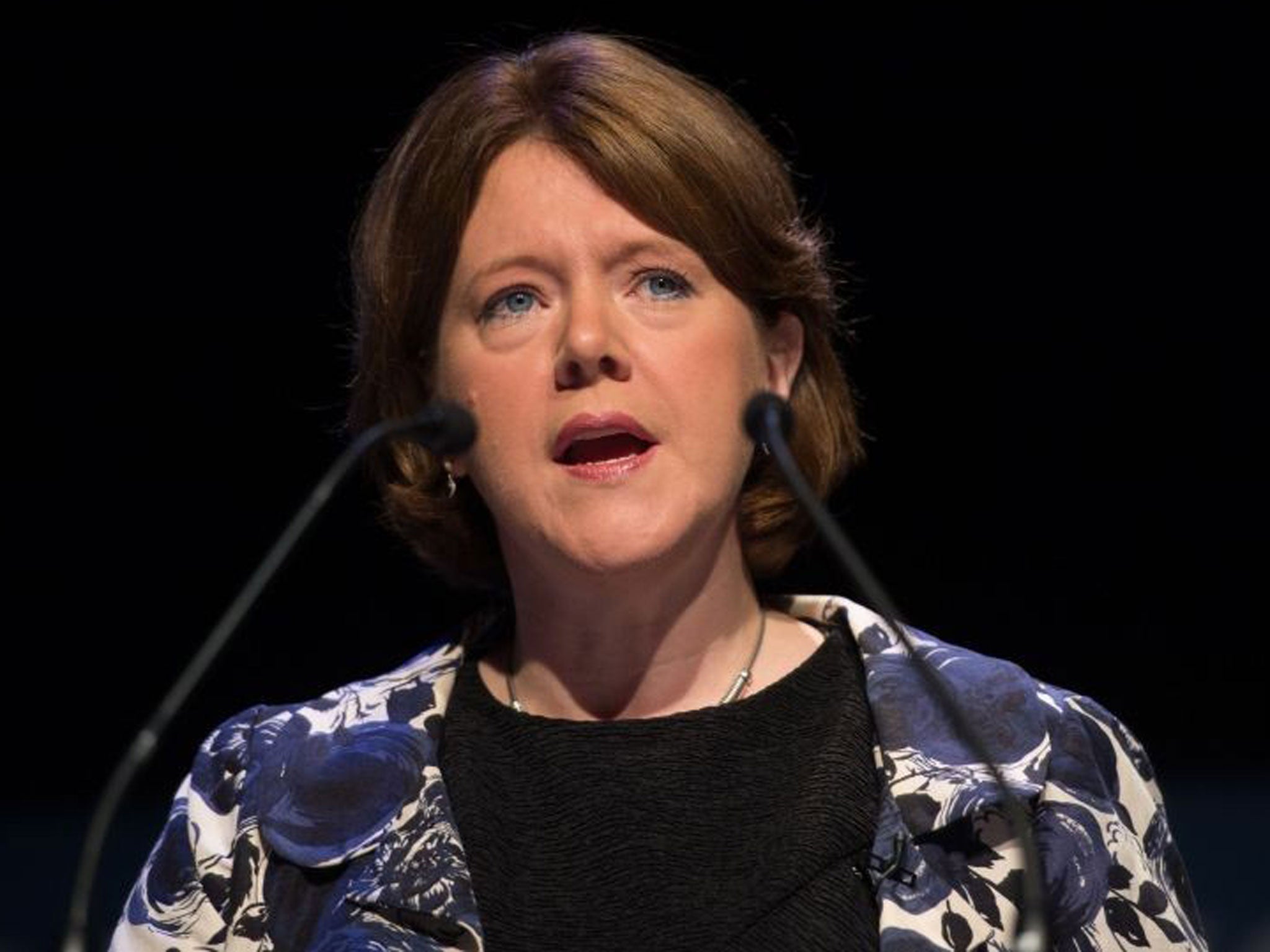Government drops plans to reduce television powers of media regulator Ofcom
Proposals to transfer crucial television responsibilities to the Culture Secretary are abandoned after fierce opposition in the House of Lords

Your support helps us to tell the story
From reproductive rights to climate change to Big Tech, The Independent is on the ground when the story is developing. Whether it's investigating the financials of Elon Musk's pro-Trump PAC or producing our latest documentary, 'The A Word', which shines a light on the American women fighting for reproductive rights, we know how important it is to parse out the facts from the messaging.
At such a critical moment in US history, we need reporters on the ground. Your donation allows us to keep sending journalists to speak to both sides of the story.
The Independent is trusted by Americans across the entire political spectrum. And unlike many other quality news outlets, we choose not to lock Americans out of our reporting and analysis with paywalls. We believe quality journalism should be available to everyone, paid for by those who can afford it.
Your support makes all the difference.The Government will today tell both Houses of Parliament that it is making a climb down on controversial plans to remove key powers from the media regulator, Ofcom, and hand them to the Secretary of State for Culture.
The U-turn follows threats of a rebellion in the House of Lords by peers of all parties, as revealed earlier this month by the Independent on Sunday. Critics of the proposals dubbed them “sinister” and said they posed a threat to the future quality of British television.
The Department of Culture, Media & Sport has told this newspaper that it has considered the strength of the concerns and decided to drop the Draft Public Bodies (Modification of Functions of Ofcom) Order 2013, which would have significantly reduced the powers of the regulator and transferred them to Culture Secretary Maria Miller.
“The Government has decided to withdraw the current draft order that amends the functions and obligations of Ofcom,” a DCMS spokesperson said. “We consulted on the proposed changes and have listened to the concerns that have continued to be raised.”
The order was designed to improve the efficiency of Ofcom and the DCMS said it would now look at other ways of reforming the regulator. “We believe the order can be improved and we will continue to speak to interested parties about the proposed changes. It remains the Government’s view that changes to Ofcom’s duties and functions could enable it to be more effective and efficient in responding to the needs of the market, consumers and citizens.”
Under the plans, public service broadcasters (PSBs) ITV, Channel 4 and Channel 5 would only have been subject to reviews of their output every ten years, instead of the current five. Critics claimed the changes would make it impossible to accurately assess the importance of the BBC’s provision of crucial services such as news and children’s programming because a lack of information on the other PSBs.
The Conservative peer Lord Inglewood, chair of the House of Lords Communications Committee, said members of the committee would oppose the order, which he described as “sinister” and a “step in the wrong direction”.
“This discretionary power in the hands of the Secretary of State is the wrong thing to do,” he said.
The order would also have removed Ofcom’s responsibility for changes to the Channel 3 or Channel 5 licences. This was controversial in view of the fact that Channel 5 owner Richard Desmond is looking for a buyer for the network. Ofcom last week approved new 10-year licences for both ITV and Channel 5.
Ofcom has already seen its budget reduced in real terms by 36.9 per cent since 2010-2011. A spokesman for the regulator said: “The Government has confirmed that it is withdrawing the Ofcom Public Bodies Order. Ofcom will act according to duties as defined by Parliament.”
Labour peers had been threatening to wreck the order with a Fatal Motion when it was due to be presented to the Upper House on 4 March. News that it had been dropped was welcomed by Lord Stevenson of Balmacara who said it was “heading in the wrong direction on both constitutional and policy grounds”. He said peers would work with DCMS to ensure future changes to Ofcom “would enhance its effectiveness without jeopardising its independence”.
Helen Goodman, the shadow media minister, said she was “very pleased” by the U-turn. “The mix we have of public service and commercial, of large and small independent companies gives British viewers the best TV in the world, which has also been good for business and exports,” she said. “I am glad that pressure from Parliamentarians has brought them to their senses.”
Join our commenting forum
Join thought-provoking conversations, follow other Independent readers and see their replies
Comments